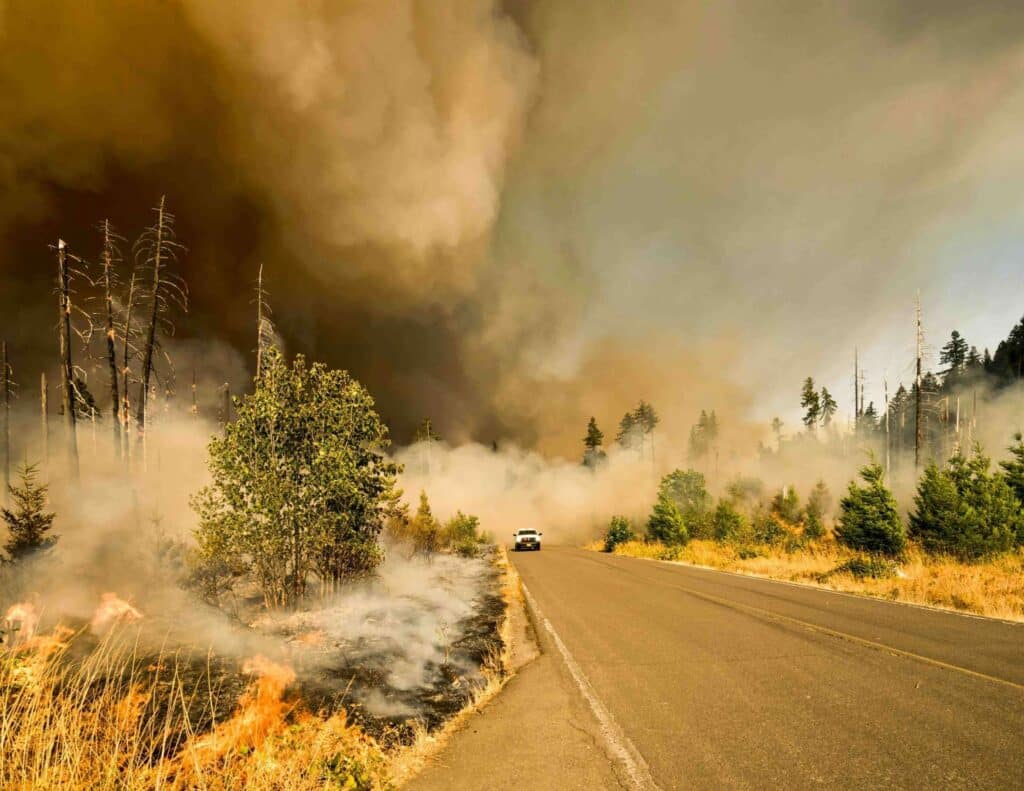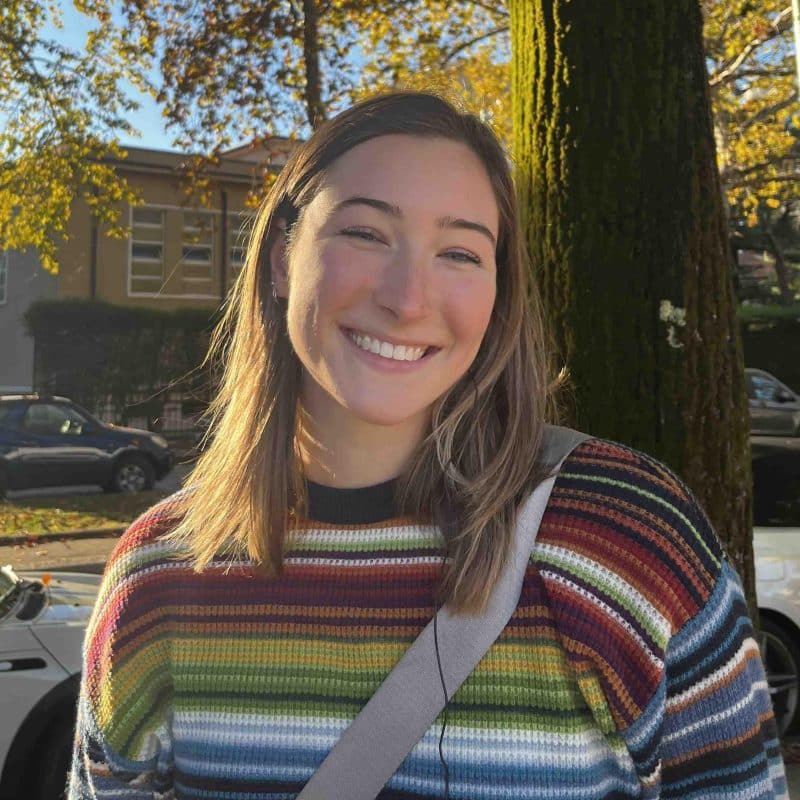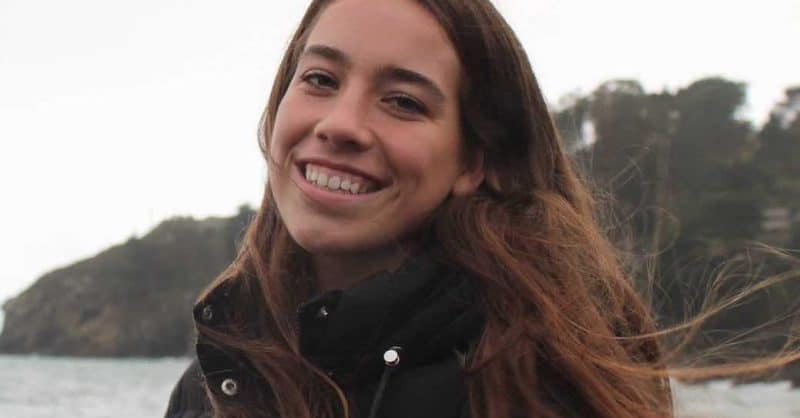Now more than ever, businesses in various corporate spheres are seeking to contribute to the use and expansion of the term philanthropy. Correspondingly, over the past decade, the United States has been a hotbed for ideological development as waves of social consciousness and moral reinvention have gripped our sociopolitical imagination.
In a time where many businesses were posting black squares on Instagram, Kara Odegard, Measure Meant’s founder, wondered, “How can Measure Meant do something real to support racial justice?” She reached out to Sandy Williams, Executive Director of The Carl Maxey Center, a Black-focused community center in Spokane. Rather than offering to donate, Kara asked Sandy about her biggest challenges. After Sandy said capacity was an ongoing issue, Kara suggested that Measure Meant fund a part-time position for the Carl Maxey Center (CMC). Measure Meant would take care of the administrative aspects of hiring and payroll so that the Carl Maxey Center could focus on using the added capacity to increase impact.
Anesu Mujenge has held the position for the last 16 months as a student at Whitworth University, and now through his post-graduation transition. The following are Anesu’s reflections on the state of philanthropy and his experiences working for the Carl Maxey Center (CMC):
Tell us a bit about your background and what it was like taking this role:
When I was hired, Sandy had hopes of developing a CMC legal clinic for members of Spokane’s Black community with compromised access to justice. I took this role to gain experience with local racial equity & inclusion work, application of the law to address racial discrimination, understanding aspects of managing a nonprofit organization – all while developing essential leadership skills.
I am an international student from Harare, Zimbabwe, and I recently graduated from Whitworth University under the pre-law track with a double major in International Studies with a Political Science emphasis and French. I began working with Measure Meant and the CMC two semesters before I was set to graduate. I reflect to realize that most of my professional roles in college were characterized by an element of community development. In fact, I won the Dan Buttress award for community service in my sophomore year for my work with at-risk youth in West Central’s neighborhood. As such, working with the Carl Maxey Center (CMC), a Black-focused community center in Spokane, and the Way to Justice (WtJ), a community law firm run by two women of color, has been nothing short of an honorable way to cap off my college experience.
More significantly, serving in a capacity that exclusively serves communities of color, namely the Black community, has been an indescribable privilege, I have always found ominous the intersectionality for community members who are not only low-income, but are also underrepresented and marginalized in a predominantly white jurisdiction with predominantly white institutions. Correspondingly, having attended Whitworth, a predominantly white institution where I was often the only black person in the classroom, it has been validating and refreshing to work in spaces where coworkers look like me.
When I began this role, we were all knee-deep in the COVID-19 pandemic. An additional layer of ambiguity revolved around the lack of an office since the CMC was in the middle of renovating its newly purchased building. Working in a remote capacity has been instrumental to developing an awareness of my strengths and weaknesses since the professional sphere is leaning farther away from traditional office settings. Concurrently, while the CMC was building itself into an organization with the capacity to host many community members, I found myself completing many tasks I had no experience with. From allocating rent funds to community members to organizing a cross-state Black credit union to creating posters for a Black Business Alliance to planning a Zoom hangout for senior citizens, the opportunities for professional development were endless.
After about 9 months, Sandy put me on-loan to the Way to Justice to support their work and establish a working-relationship between CMC and WtJ. I began by helping establish a CMC legal clinic to provide legal counsel for community members with compromised access to justice. As a pre-law student, I have relished the opportunity to gain tangible legal experience among like-minded peers and mentors. I have had fantastic conversations with attorneys in various fields, and I am constantly engaging with the law students at our firm in ways that paint a vivid picture for my future in law. I have developed in this role by finding my niche as a legal clinic coordinator after planning a successful clinic with eight attorneys in six different specializations, serving about twenty-five clients with compromised access to justice. I am excited to continue organizing for the next legal clinic this late April, and I’m eager to explore where my journey of community engagement takes me next.
What are your takeaways for this method of community engagement?
Corporations have the ability to support organizations in a creative, intentional manner that is directed at the non-profit’s precise preference. This approach can be particularly beneficial to organizations such as the CMC and the WtJ that are already inundated with the obstacles that accompany advocating and serving the underrepresented. While money is great, it takes a lot more than deep pockets to support local nonprofits with a great mission. From volunteering service hours to sharing promotional events on social media, the capacity to contribute and make a tangible difference is powerfully possible, now more than ever.
Sandy has described Measure Meant’s approach to philanthropy as a significant change from how other individuals and businesses have engaged her when wanting to provide support. Rather than asking what they could do for the CMC like most people in organizations have, Measure Meant asked what the center needed and offered ideas on how to address those needs. Having Measure Meant manage the recruiting, hiring, and payroll has saved the CMC time and allowed them to focus their capacity on the value-added activity.
How do you see philanthropy changing on a larger scale?
Americans are now demanding more than just provision from political and corporate elites: Americans want to know what ideals their favorite entertainers, companies, and brand ambassadors stand for. Until then, consumers are happy to boycott a good, service, or public figure if their representation does not satisfy ethical and/or ideological thresholds.
More significantly, Americans are demanding proof for the upholding of these ideals. Public figures and corporations alike are proving conscientiousness by donating large sums of money to social consciousness movements such as Black Lives Matter (BLM). Others are providing statements of apology for past moral discrepancies, while another subsection is increasing transparency by detailing their sourcing and methods of production. The authenticity and validity of these nuanced forms of philanthropy is best assessed on a case by case basis.



